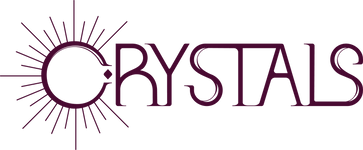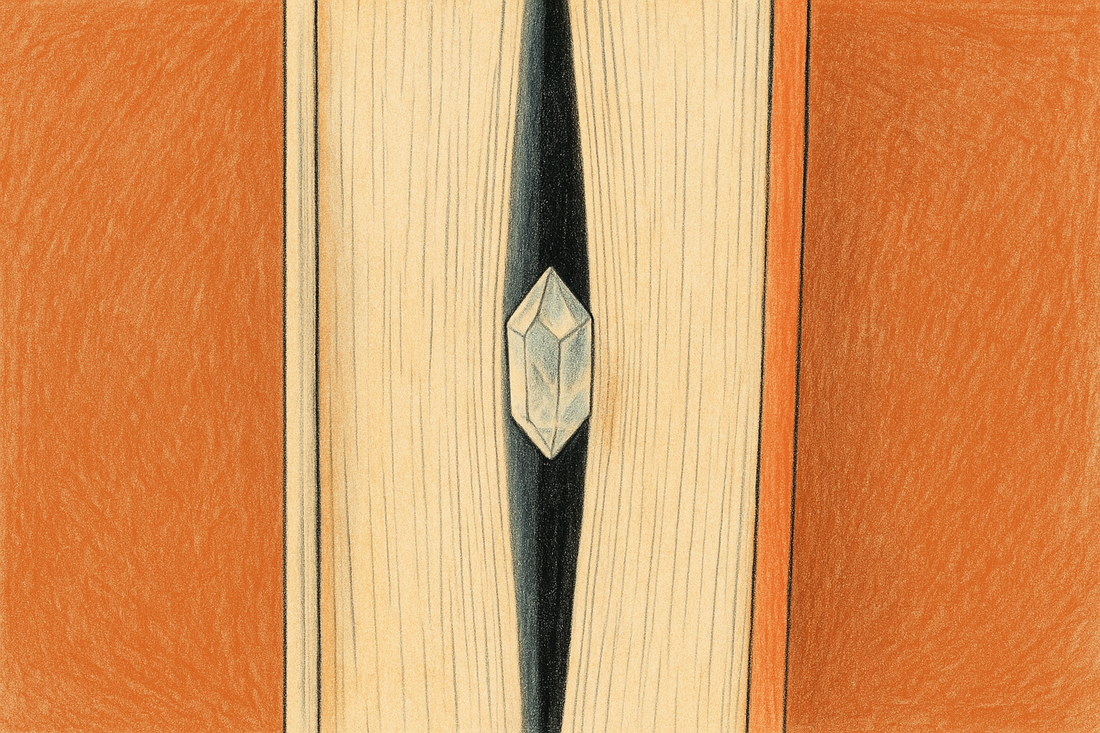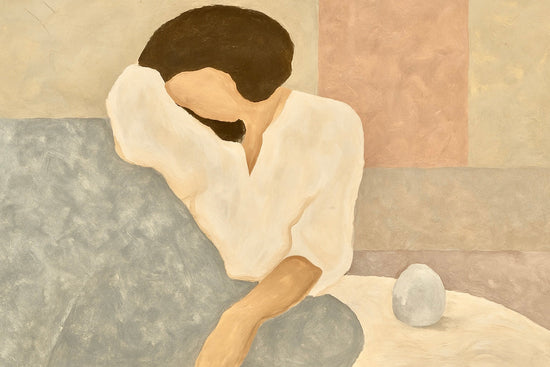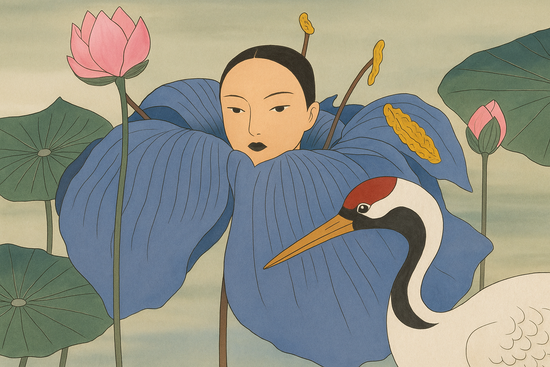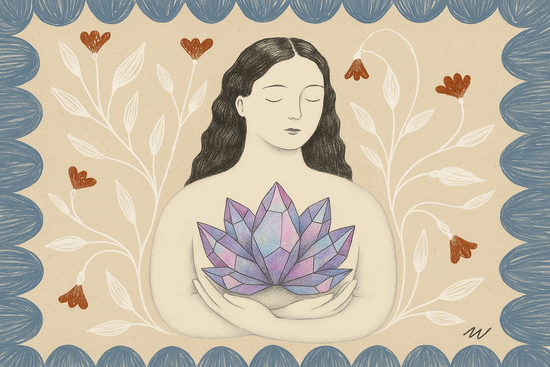In an era defined by relentless motion and perpetual distraction, the act of journaling emerges as a quiet rebellion. It is, at its essence, a return to slowness a considered pause in which one can examine life not through the harsh glare of urgency, but through the gentle, clarifying light of reflection.
Journaling is an invitation to observe. To turn the gaze inward, not as an exercise in indulgence, but as an act of profound attentiveness. On the page, thoughts unfurl in their unedited complexity. There is space to confront the uncomfortable, to explore the overlooked, and to hold paradox without the pressure of resolution.
Unlike the curated surfaces of our public lives, a journal is a private domain where authenticity requires no audience. It is in these unpolished pages that we allow ourselves the grace to be contradictory, vulnerable, and unfinished. Here, the truth can emerge slowly, like the patient development of a photograph in a darkroom.
The value of this practice lies not in documenting events, but in giving shape to experience. When we write, we are compelled to choose words for what resists easy definition. Worries become tangible enough to interrogate. Emotions, once amorphous, gain texture and context. Desires find articulation. In writing, the intangible becomes known—and thus, more manageable.
But beyond mere reflection, journaling is an instrument of reinvention. It is a laboratory for thought, where ideas can be tested without consequence. In its pages, we can imagine new futures, try on different selves, and rehearse decisions before committing them to life. It is a private conversation in which change begins not with sweeping resolutions, but with subtle shifts in awareness.
This is the quiet luxury of the journal: it offers time with oneself without interruption or demand. It is a place to unearth patterns, to trace the contours of one’s own thinking, to question the narratives we tell ourselves about who we are and what is possible. It does not promise easy answers. Instead, it offers something rarer a space to ask better questions.
There is a certain elegance in this simplicity. A pen and a blank page may be among the most unassuming tools, yet they hold the capacity to transform. In a world obsessed with output, optimization, and public validation, journaling remains defiantly personal. It is not about producing something to be consumed, but about encountering oneself with curiosity and care.
For those drawn to intentional living, journaling is less a habit than a practice a sustained, evolving dialogue with the self. It becomes an archive of one’s becoming, a testament to the slow, often invisible work of growth. In this space, the self is not fixed, but fluid. Each entry is both a record and an opening, marking where you have been while suggesting where you might go.
Ultimately, journaling is an act of belonging. Not to any ideology, expectation, or identity, but to oneself. It is the quiet recognition that before we can meaningfully engage with the world, we must first be willing to meet ourselves honestly, unflinchingly, and with compassion.
In the end, this is the promise of the blank page: that no matter how noisy life becomes, there remains a private space where we can listen. And in listening, begin again.
CRYSTALS
Where thought becomes form.
